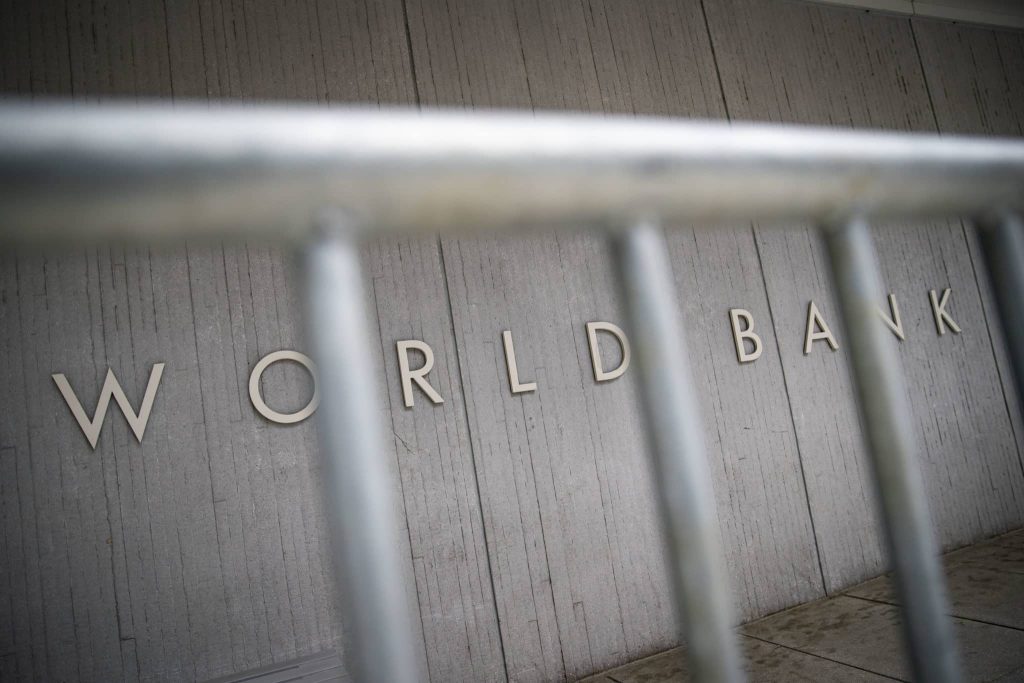The World Bank approved a $1.5 billion financial package for Ethiopia’s economic reform programme after officials relaxed restrictions on the local currency, the Birr.
Ethiopia’s departure from its long-standing management of the birr triggered the release of previously negotiated funds from international financial institutions, including the International Monetary Fund (IMF).
The initial financing from the World Bank comprises a $1 billion grant and a $500 million concessional loan, as announced by the Bank on Tuesday.
“This operation supports the government of Ethiopia at a critical time in its efforts to accelerate poverty reduction and shift to more inclusive, sustainable, and private sector-led growth,” World Bank Ethiopia Director Maryam Salim said.
“Importantly, there is a strong emphasis on protecting poor and vulnerable people from the cost of economic adjustment.”
The World Bank anticipates offering an extra $6 billion in new commitments over the next three fiscal years to help Africa’s second most populous nation during a severe economic crisis characterised by rapid inflation.
On Monday, the IMF Board sanctioned a four-year loan program totalling about $3.4 billion to aid the reforms, with approximately $1 billion dispersed immediately.
Analysts had indicated that the IMF required Ethiopia to implement various changes to its state-controlled economy, such as implementing a floating currency system, to access the funding.
Over the past few years, Ethiopia has faced numerous armed conflicts, the COVID-19 pandemic, and climate-related challenges. The country is dealing with approximately $28 billion in external debt, along with high inflation at about 20 per cent and a scarcity of foreign currency reserves.
Under the shift to a market-based exchange rate regime, the National Bank of Ethiopia said banks could buy and sell foreign currencies to their clients and among themselves.
When he took office in 2018, Prime Minister Abiy Ahmed pledged to reform Ethiopia’s closed and state-dominated economy, but progress has stalled.
In December, international agency Fitch downgraded the country’s credit rating to a partial default after it missed a $33 million coupon payment on a Eurobond. The two-year conflict in the northern Tigray region, which ended in November 2022, led to the suspension of numerous development aid programs and budget assistance.

